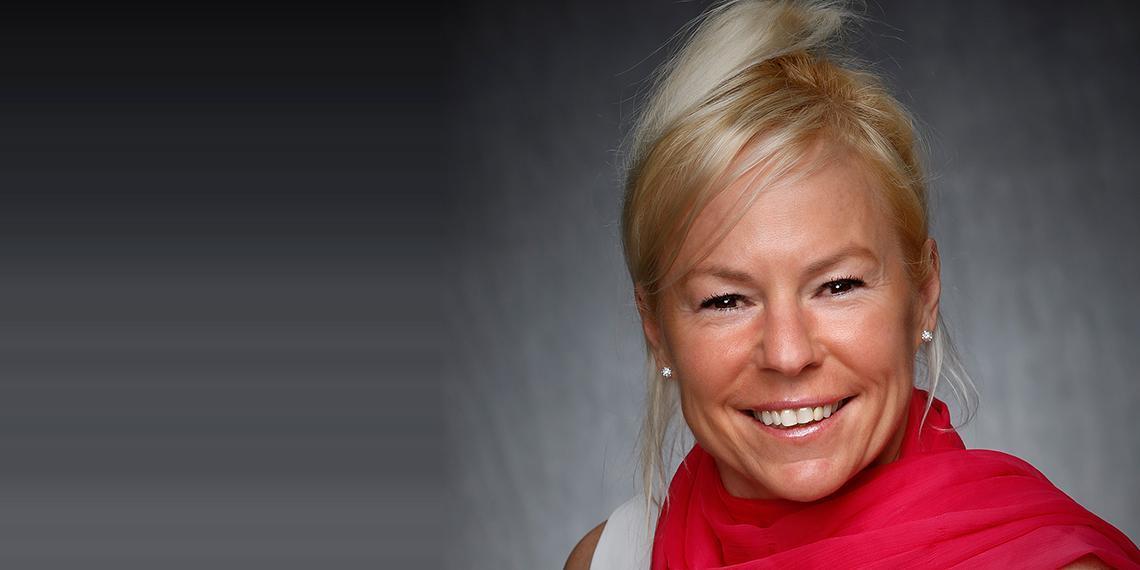In an interview with Telecom Review, Isabelle Morency, head of Engineering and Standards, iometrix, talked about the importance of standardization in the telecoms sector and the major role iometrix is playing, in collaboration with standards development organizations, that is shaping the future of the telecoms industry.
Can you start by telling us more about your career history and what has lead you to reach Iometrix as head of Engineering and Standards?
After completing my bachelor degree in Electrical Engineering, I started my career in telecommunications at Teleglobe Canada, an international service provider.
In 2004, I earned my postgraduate studies in business and administration and moved to California to join iometrix, where my involvement in standardization has developed over the years. Since then, I've had the opportunity to author seven MEF test specifications, all the test plans for MEF CE 1.0 and CE 2.0 certification programs, the IEEE 1588 conformity test suite for frequency synchronization in telecommunication networks and two Broadband Forum Technical Reports.
In 2012, when the MEF launched its professional certification program, I decided to explore this new facet of the industry. As a subject matter expert, I contributed to the development of the rigorous CECP exam and taught CECP training classes with the Carrier Ethernet Academy for a period of time. The experience was great, but my passion remained on standardization.
After few years discovering other areas of the industry, I returned to iometrix as head of Engineering and Standards where I am now focusing on the development of future certifications and working on the first MEF Application Programming Interface (API) test specification, part of a whole new area being addressed by the standards development organizations.
How do standards contribute to the development of the telecommunications and ICT sectors?
Standards provide consensus driven technical solutions for the telecommunications and ICT sectors. They present specifications, requirements and guidelines allowing the industry to develop harmonized networks, services and applications suited for high levels of interoperability.
In your opinion, why is the standardization of telecommunications very important?
I believe that standardization is a strong enabler of networking evolution and the promoter of overall telecommunications industry growth.
In today's digital world, people expect to be connected instantly, anytime and anywhere. By specifying the critical aspects of networking such as scalability, reliability, end-to-end service management and quality assurance, standardization provides the underlying foundations capable of supporting the most stringent end user requirements.
How do you describe iometrix's collaboration with standards development organizations such as the MEF and ITU-T? Do you believe that standards can shape the future of the telecoms industry?
For over a decade, iometrix has been continuously collaborating with standards development organizations such as the MEF, the Broadband Forum, IEEE and the ITU-T.
As the MEF approved test lab, iometrix has been responsible to perform testing and certification of carrier ethernet equipment and services worldwide since 2005. Iometrix is also recognized as a leading contributor in standards development organizations having authored a number of key test specifications and participated in the advancement of standard test methodologies.
Considering the groundbreaking impact that carrier ethernet is making to the industry, I believe that standardization plays an important role in shaping the future of telecommunications. I also believe that the latest inter-SDO initiatives on lifecycle service orchestration, open standards-based APIs and the associated testing frameworks will lead to unprecedented new opportunities for the industry.
What can you tell us about your latest assessment programs?
Our most successful assessment program, which still sparks strong interest in the industry, is the MEF CE 2.0 Certification. It is a very comprehensive testing program encompassing over six hundred test cases through which service providers and technology vendors can demonstrate their compliance with the world recognized MEF services definitions.
The program was launched in 2012 and as of today, over 340 network equipment from 42 technology vendors and over 215 carrier ethernet services from 72 service providers worldwide are certified.
The latest developments of the program comprise 100 Gig certifications for service providers and technology vendors as well as VNF-based technology certification.
What are your future plans and projects?
As an innovative company, we will pursue our work in cutting-edge areas of standardization and keep striving to enrich the telecommunications industry testing and certification programs. Most importantly, we will keep aligning our future plans and projects with the growing industry needs for simpler and ubiquitous certification testing platforms.









